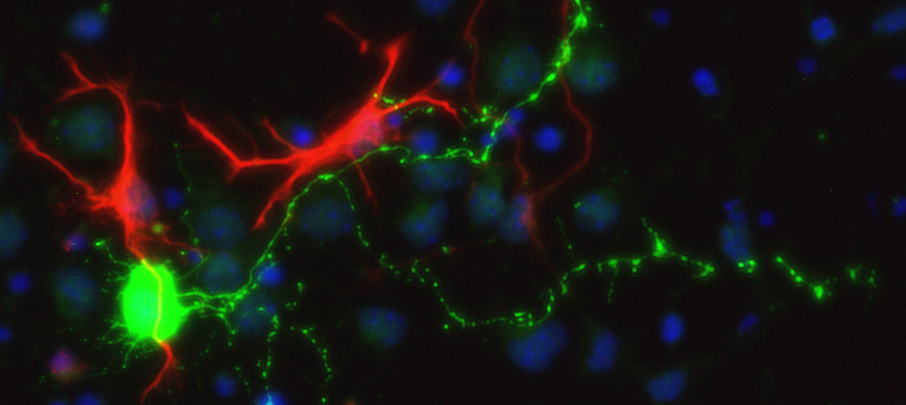Tag: Research
-

Basic Science: The Foundation for an ALS Cure
Basic Science conducted by investigators at Northwestern’s Les Turner ALS Center is building a foundation for future ALS care.
-

Prompt Treatment Improves Outcomes in Pediatric Sepsis
Pediatric patients with sepsis who completed a series of treatments within one hour of sepsis recognition had better outcomes, according to a new multi-center study.
-

MD/PhD Student Promotes Diversity and Inclusion Through Research, Advocacy
MD/PhD student Emma Gargus is engaged in research designing biomaterials for use in ovarian health and works to advocate for diversity and inclusion in medicine.
-

Exploring the Mechanisms of Poxvirus Replication
A study published in the journal Cell uncovers how poxviruses take control of a protein complex in order to enhance their replication and counteract an immune response in hosts.
-

Exploring Intervention to Improve Medication Self-Management
EHR-based tools designed to help patients manage complex drug regimens failed to improve medication adherence or lower blood pressure among patients with hypertension, according to a Northwestern Medicine study.
-

Scientists Identify New Therapeutic Target in Diabetes
Northwestern Medicine scientists have shown for the first time how an RNA-binding protein in the liver plays an important role in regulating insulin sensitivity throughout the body.
-

Rethinking Longstanding Treatment for Diabetes Complications
Children with a rare complication of diabetes may not need fluid administered slowly, in contrast to current treatment guidelines, according to a study published in the New England Journal of Medicine.
-

Feinberg Pioneers LGBT Study Methods
Improving recruitment and data collection is a central area of focus for Northwestern’s Institute for Sexual and Gender Minority Health and Wellbeing, the largest LGBT health-focused research center in the country.
-

Cellular Mechanism Protects Organs During Iron Deficiency
A protein called tristetraprolin is activated during iron deficiency, lowering iron usage and preventing mitochondrial dysfunction, according to a recent Northwestern Medicine study.
-

Long Non-Coding RNA May Play Role in Fat Metabolism
A team of scientists has identified thousands of lincRNAs — long non-coding RNA molecules produced by so-called “junk DNA” — that are unique to human fat cells and may play an important role in fat metabolism.





